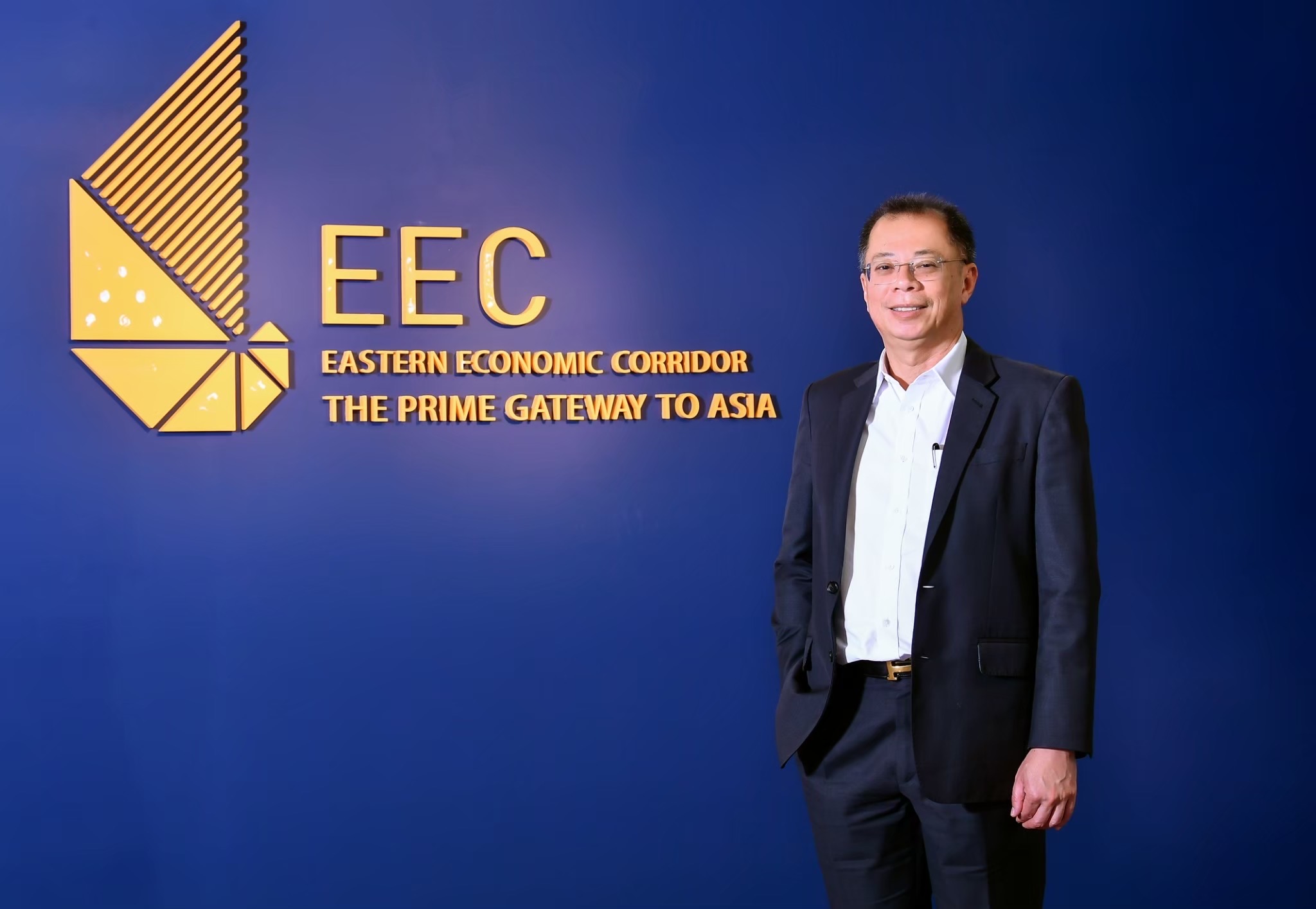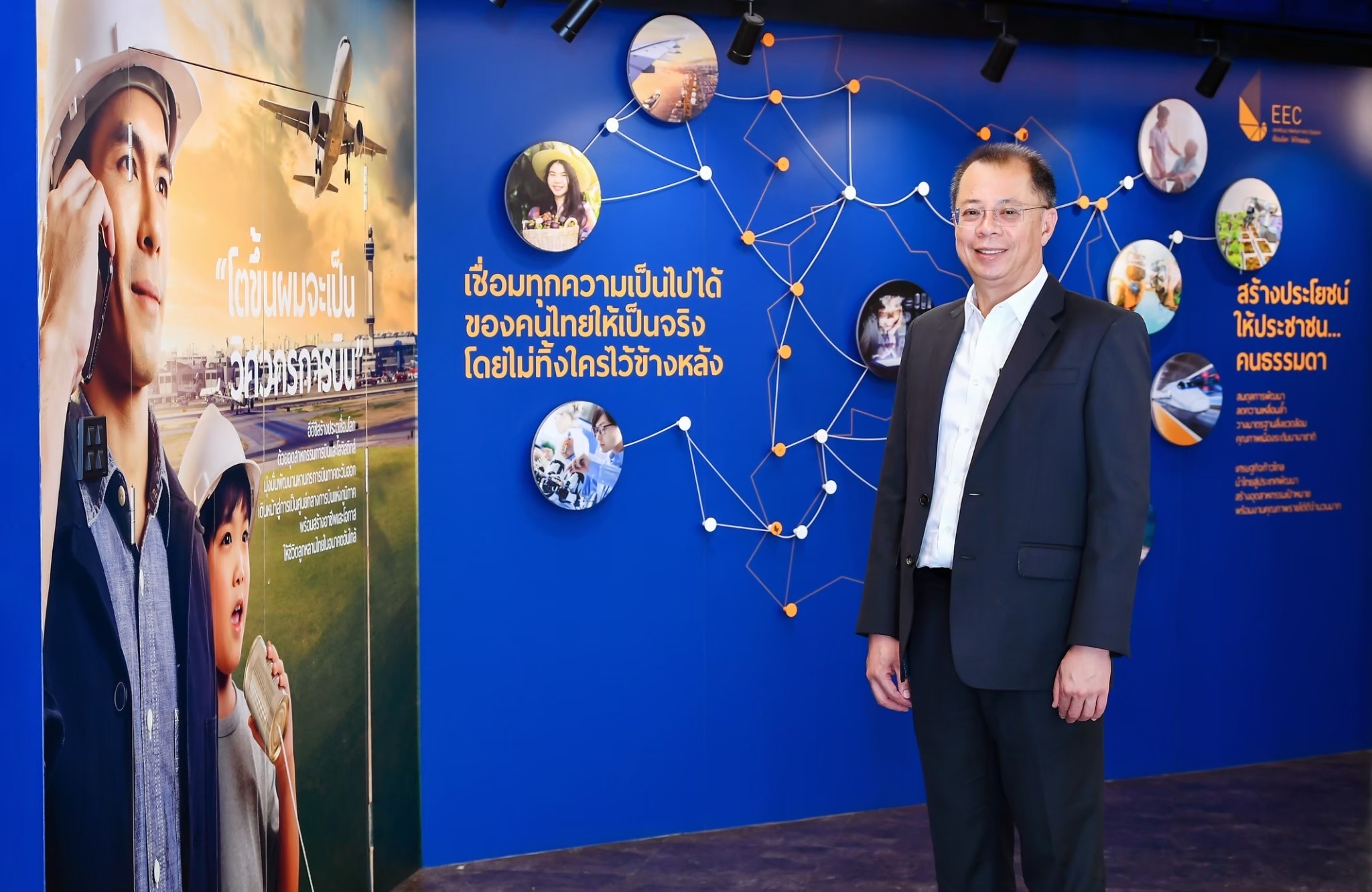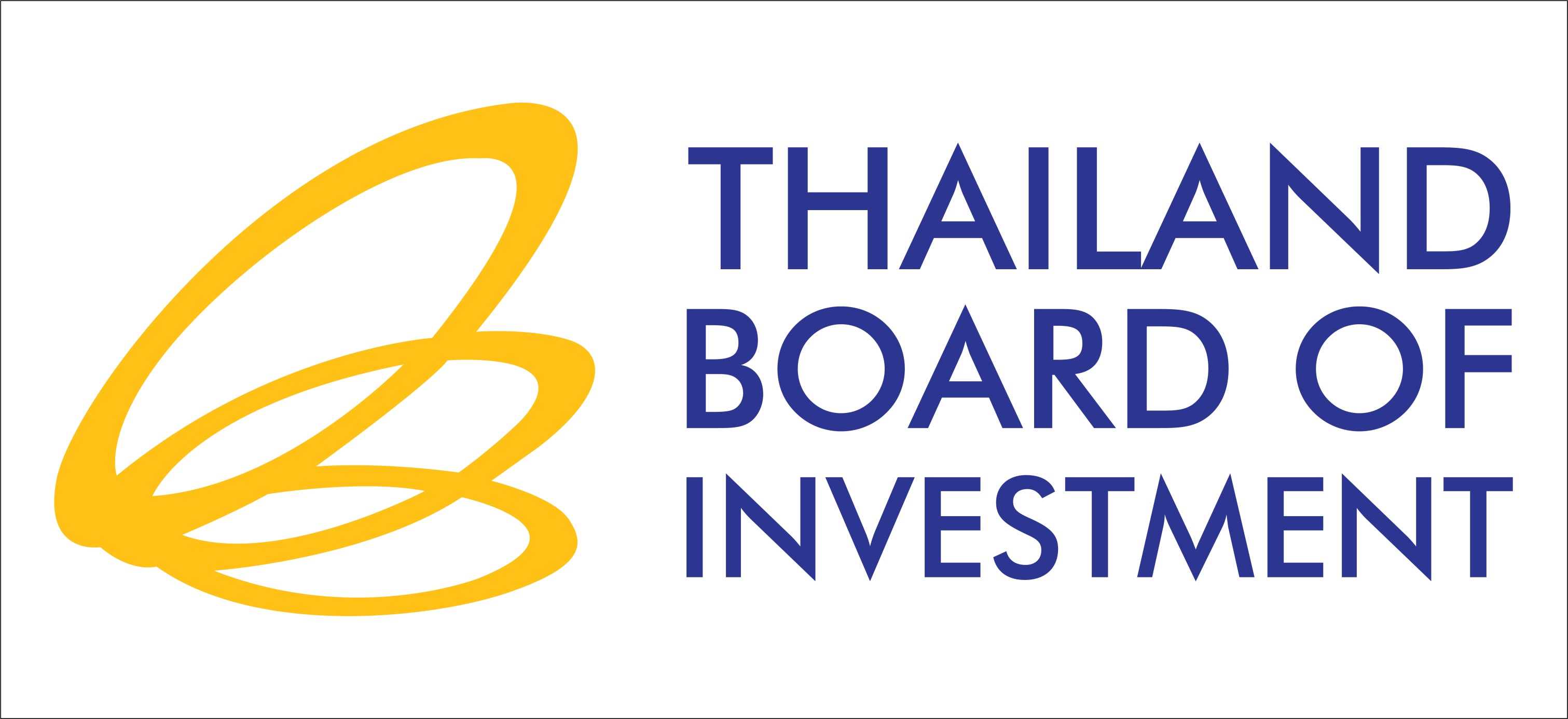Exclusive interview: EECO
Exclusive interview: EECO
Chatrudee Theparat
The Eastern Economic Corridor Office (EECO) has completed a framework of privileges, which will be offered to investors next in EEC special promotion zones, a new move aimed at luring more investors to pour big investment in this specific zones.
Chula Sukmanop, EECO’s secretary-general, said the privileges framework is currently submitted to the cabinet to approve. Once it gets a green light, it will be in place and allow investors to enjoy benefits in the EEC special promotion zones. Currently there are more than 20 companies to wait for such privileges.

Chula Sukmanop
To do so, the agency will establish a negotiation committee to secure its smooth operation as planned. The committee will be responsible to negotiate with investors over privileges offered, based on the project value, which include supply chain and value chain, pioneer to the Thai industry, job creations to local skilled workers, community support, human resources development, research & development, local content, technology transfer, sustainability in business operations, and emission gas reduction.
If investors can meet 95% of its requirement, they can qualify for the highest 15 years of corporate tax exemption.
Privilege framework
The agency has put a big attempt to design its different privilege packages to serve different demand of business operators. According to its privileges framework, the agency will offer corporate tax exemption ranging from one year to the highest 15 years, depending on the project value.
However, if investors fail to receive corporate tax exemption, they can enjoy other choices. They are offered benefits like a corporate tax reduction of not exceeding 50% ranging from one year to ten years.
A corporate tax reduction of not exceeding than 50% ranging from 1-5 years will be renewed after the end of contract, depending on the project value. But its renewal term will be limited at not more than eight years.
For more privilege offered is that investors can bring its annual loss from running its business during the corporate tax exemption period to deduct from net profit in the following years. To do so, investors will have to get such a privilege within five years from the end of corporate tax exemption period. They can choose to deduct from net profit from a year or years.
Those who fail to meet its requirement to receive privileges of corporate tax exemption or tax reduction, the negotiation committee for privileges may allow them to deduct their investment fund from net profit ranging from 1-70% within ten years, from the date they can generate income.
However, investors are eligible to deduct only two times of their cost on logistics, power and pipe. The deduction period will depend on the negotiation committee’s decision. Investors are eligible to deduct between 1 and 25% of their investment funds from net profit within ten years, from the date they can generate income.
Other privileges also include to exempt import duty on machinery, equipment for research & development, and raw materials.
In addition, non-tax privileges are offered, which include land rights in investment promotion zones, condominium ownership rights in EEC, experts to work in the projects and EE work permit.
EEC Visa
EECO also settles an offer of EEC Visa for investment in high technology including four type visas; specialist (EEC Visa-S); executive (EEC Visa-E); professional (EEC Visa-P); spouse and followers (Visa-O).
Those investors will be allowed to enjoy an “EEC work permit” and pay a flat rate of 17 % of income tax. Entrepreneurs can apply for EEC Visa via EEC’s One Stop Service (OSS).
EEC Development plan (2023-2027)
The objective of the plan is to achieve a goal to bring in a total real investment of 500 billion baht in five years, fostering new investments valued at 100 billion per annum, and EEC’s GDP to expand 6.3%.
Currently, Mr Chula said its real investment is 70 billion baht annually. The agency has planned to attract more investors in order to achieve its actual investment of 100 billion baht.
“I am confident that the real investment this year will reach a target of 100 billion baht due to supporting factors of geo-politics and the global movement of supply chain manufacturers,” he said.
At present, the agency conducted the 20 letters of intent for the investment covering digital, smart automotive, medical, food, wellness and management for elderly.
The agency has established seven promotion zones for special industries including Eastern Airport City, Digital Park, Innovation Platform, High Speed Rail Ribbon Sprawl, Medical Hub, Genomics Thailand, Tech Park Bang Chang.
26 of the total promoted zones are targeted industries, operated by the private sector. There are also two additional zones which are in the process of establishing, which is later announced.
Progress of the flagship infrastructure
In order to support Thailand’s ambitious plan to become an aviation hub, the agency will have two potential investors to fulfill its ambition in the maintenance, repair, and overhaul (MRO) development project in reserved areas near U-tapao airport.
The MRO development project should have two operators. So far, the government has prepared 500 rai for U-tapao airport development, with 200 rai given to Thai Airways international Plc (THAI).
THAI still maintains its promise to invest in the MRO project. However, it is no need to open the bidding as public private partnership (PPP) because its status is not to be state-owned enterprise.
The agency has reserved a land plot of 200 rai for aviation city for THAI’s MRO project as part of the Eastern Airport City Project at U-tapao airport, also known as "aerotropolis" in Rayong province.

The investment should be based on the principle that the winner should be a bidder who offers a minimum fee of service in a bid to compete other MROs regionally like Singapore. Currently the MRO business in the region are in Singapore and China, which are likely to have congestion once the aviation industry recovers fully from the Covid pandemic in the near future.
The U-tapao airport upgrade is one of the key investment projects worth 905 billion baht, or 55% of the total investment of 1.7 trillion baht. Its development project includes a construction of the second runway and taxiway and the third terminal, aviation facilities development, including the MRO and an aviation training center.
The U-Tapao International Aviation Co (UTA) and the Royal Thai Navy will work together to speed up the construction of the second runway and taxiway, worth 16.4 billion baht following the government’s demand.
“The high speed train connecting three airports Don Mueang, Suvarnabhumi and U-tapao airport is expected to be finalized soon because the bidders still maintain its promise to invest in the project. EECO, Asia Erawan Co., the developer of the high speed rail project and UTA need to deal on the construction of tunnel under the airport,” he said.
The agency has already expropriated 2,000 rai for a smart city in Bang Lamung district. The rest 5,700 rai will be expropriated next year with a 1.7 billion baht of the 2024 fiscal budget. The agency was allocated an amount of two billion baht from the 2023 fiscal budget and 4.7 billion baht from integrated budget. The land plots for smart city is prepared for a total of 14,000 rai.
23 April 2024
Viewed 506 time
 EN
EN 




